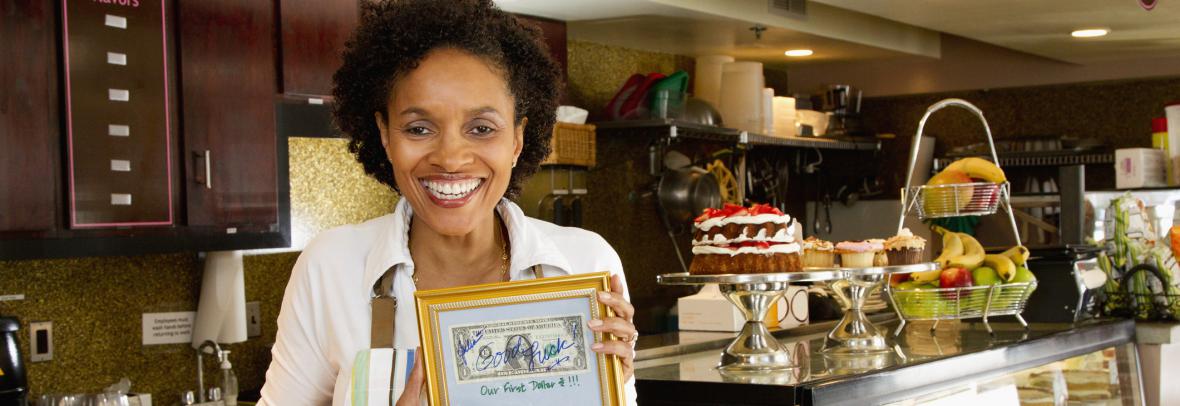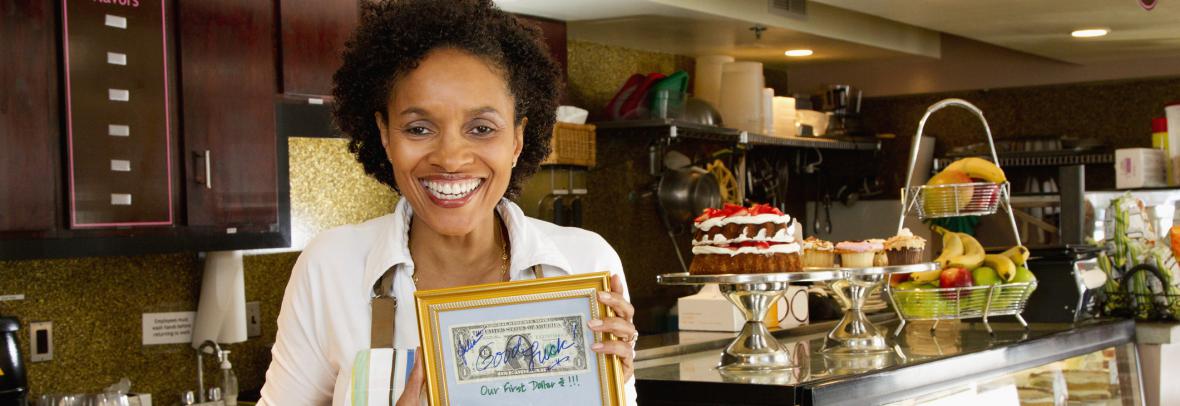
Confident Americans spend money, and July’s confidence index rose to 117.0 from 110.1 in June. Outlooks rose for both current conditions and future expectations.
BOSTON – Consumer confidence hit its highest level in two years – since July 2021 – after the second straight month of increases.
In July, the Conference Board Consumer Confidence Index rose to 117.0, up from 110.1 in June.
The Present Situation Index – consumers’ assessment of current business and labor market conditions – improved to 160.0 from 155.3 month-to-month. The Expectations Index – consumers’ short-term outlook for income, business and labor market conditions – improved to 88.3 from 80.0 in June.
“In our periodic survey of services, consumers continued to report intentions to spend less on discretionary services – including travel, recreation and gambling – going forward. By contrast, they anticipate spending more in the months ahead on necessary services like health care, as well as cheaper services like streaming from home,” says Dana Peterson, chief economist at The Conference Board.
Of special note: The Expectations Index climbed well above 80, the level that historically signals a recession within the next year. The Conference Board credits a tight labor market and recent good inflation news – but it says it still anticipates a recession before the end of the year.
“Consumer confidence rose in July 2023 to its highest level since July 2021, reflecting pops in both current conditions and expectations,” says Peterson. “Headline confidence appears to have broken out of the sideways trend that prevailed for much of the last year. Greater confidence was evident across all age groups, and among both consumers earning incomes less than $50,000 and those making more than $100,000.”
Present situation
Consumers’ assessment of current business conditions was slightly less optimistic in July, but attitudes about the labor market improved:
- 21.9% of consumers said business conditions were “good,” down from 23.4% last month
- 15.2% said business conditions were “bad,” essentially unchanged from 15.3%
- 46.9% said jobs were “plentiful,” up from 45.4%
- 9.7% said jobs were “hard to get,” notably lower than 12.6% last month
“Assessments of the present situation rose in July on brighter views of employment conditions, where the spread between consumers saying jobs are ‘plentiful’ versus ‘hard to get’ widened further,” says Peterson. “This likely reflects upbeat feelings about a labor market that continues to outperform. When asked about current family financial conditions (a measure not included in calculating the Present Situation Index), the share of respondents citing a ‘good’ situation rose, and those citing ‘bad’ conditions fell, signaling still-healthy family finances. This might reflect softening inflation and continued income support from employment.”
Expectations six months in the future
Consumers were more optimistic about the short-term business conditions outlook in July:
- 17.1% of consumers expect business conditions to improve, up from 14.6%.
- 14.0% expect business conditions to worsen, down from 17.7% in June.
- 16.4% expect more jobs to be available, up from 15.4%.
- 14.8% anticipate fewer jobs, down from 16.7%.
- 16.3% of consumers expect their incomes to increase, down from 18.6% last month,
- 9.7% expect their incomes to decrease, down from 11.8% in June.
“Expectations for the next six months improved materially, reflecting greater confidence about future business conditions and job availability, says Peterson. “This likely reveals consumers’ belief that labor market conditions will remain favorable.”
Peterson notes that future-income expectations ticked down slightly, a “potential reflection of slower wage growth compared to a year ago. The measure of expected family financial situation, six months hence –not included in the Expectations Index – also softened somewhat in July, despite further decline in the 12-month forward inflation expectations gauge.”
Numbers for “Family’s Current Financial Situation” signal still-healthy family finances in July and six months in the future:
- 31.6% of consumers say their current family financial situation is “good,” up from 28.8% in June
- 17.6% say their current family finances are “bad,” down from 18.6%
- 31.1% of consumers expect their family finances to be “better” in six months, down from 31.9% in June
- 13.6% expect their family finances to be “worse,” up from 13.2%
Will the U.S. still see a recession this year? The percentage of Americans who think so is relatively unchanged month-to-month, rising to 70.6% from 69.9%.
“The proportion of consumers saying recession is “somewhat” or “very likely” to occur ticked up in July, contrary to the Expectations Index spiking this month above the threshold of 80,” Peterson says. “Still, recession expectations remained below their recent peak, suggesting fears of a recession have eased relative to earlier this year.
© 2023 Florida Realtors®
Go to Source
Author: kerrys



